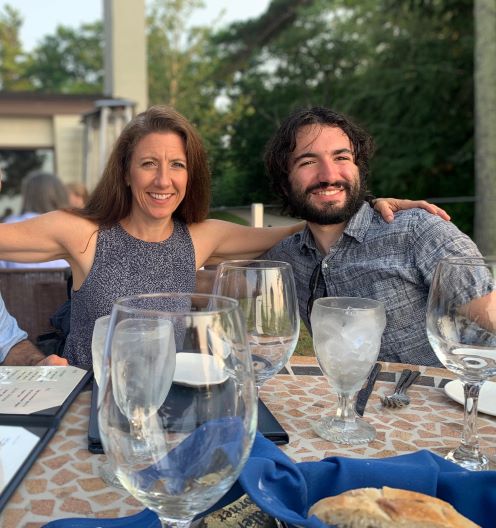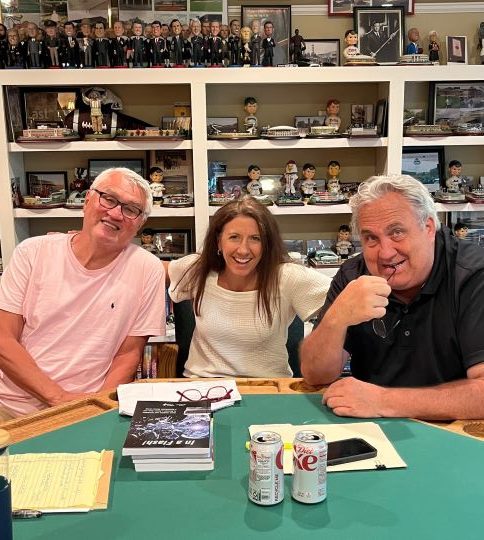
[Flash] We Can’t Be Stuck and in Action at the Same Time
|
I admit it. I gave unsolicited advice to a friend. But in my defense, it was a well-intended mentoring gesture.
A month ago, she left her job, and now she’s in a funk – not a mental health crisis, just a feel-sorry-for-herself slump. And I’ve done my best to listen actively and be a champion. But she hasn’t even reached out to her network to share that she’s looking for a new opportunity – she’s sapped, self-conscious, and stuck. Grasping, I said, “The only way to get off the couch is to get off the couch.” In other words, take some action! Do anything.
I work out at OrangeTheory Fitness a few times a week… and I don’t like it. In fact, I loathe running, rowing, and lifting weights at 7 am! When my alarm goes off, I hit snooze. And every time I step onto that treadmill, I count the minutes until I can step off. But I’ve never regretted going to class. I always leave feeling energized, fit, and accomplished! I know I’d still be in bed if I waited until I wanted to work out. And I’d definitely still be under the covers if I waited for someone else to engage or motivate me. I’ve learned through my own slumps that the fastest way out is simply to start moving. I get up and go – even though I rarely feel like it – because I’m committed to staying healthy. To get off the metaphorical couch…
We cannot be stuck and in action at the same time. © 2022. Ann Tardy and MentorLead. www.mentorlead.com. All Rights Reserved. |







